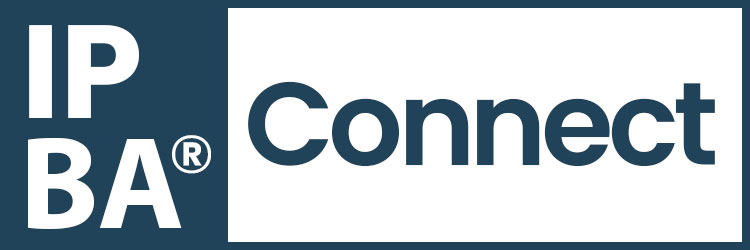
Effective Intellectual Property👉 Creations of the mind protected by legal rights. (IP) management is crucial for a company’s success, yet organizing IP work, both internally and externally, presents significant challenges. Internally, a primary hurdle is fostering a robust “IP culture.” This involves educating all departments, from R&D to sales, about the importance of IP identification, protection, and enforcement. Without this awareness, valuable innovations might go unprotected, or employees might inadvertently infringe on third-party rights. Communication breakdowns are also common; legal and technical teams often speak different languages, making it difficult to translate complex inventive ideas into patentable claims or to understand the commercial implications of IP decisions. Resource allocation, particularly for smaller companies, can be a major constraint, limiting the number of dedicated IP professionals and the budget for IP protection.
When collaborating with external IP experts, such as law firms or IP consultants, the challenges shift. A key issue is ensuring alignment of strategy. Companies must clearly articulate their business goals so that an external counsel can provide IP advice that supports these objectives. Cost management is another significant concern; hourly billing models can lead to unpredictable expenses, and companies need to effectively monitor and control legal spend. Furthermore, the selection of the right external experts is critical, requiring due diligence to ensure they possess the necessary technical expertise, industry knowledge, and a deep understanding of the company’s specific needs. Finally, maintaining consistent communication and a clear division of responsibilities between internal IP teams and the external counsel is vital to prevent duplication of effort and ensure a streamlined IP portfolio management👉 Strategic management of diverse assets to optimize returns and balance risk. process.




